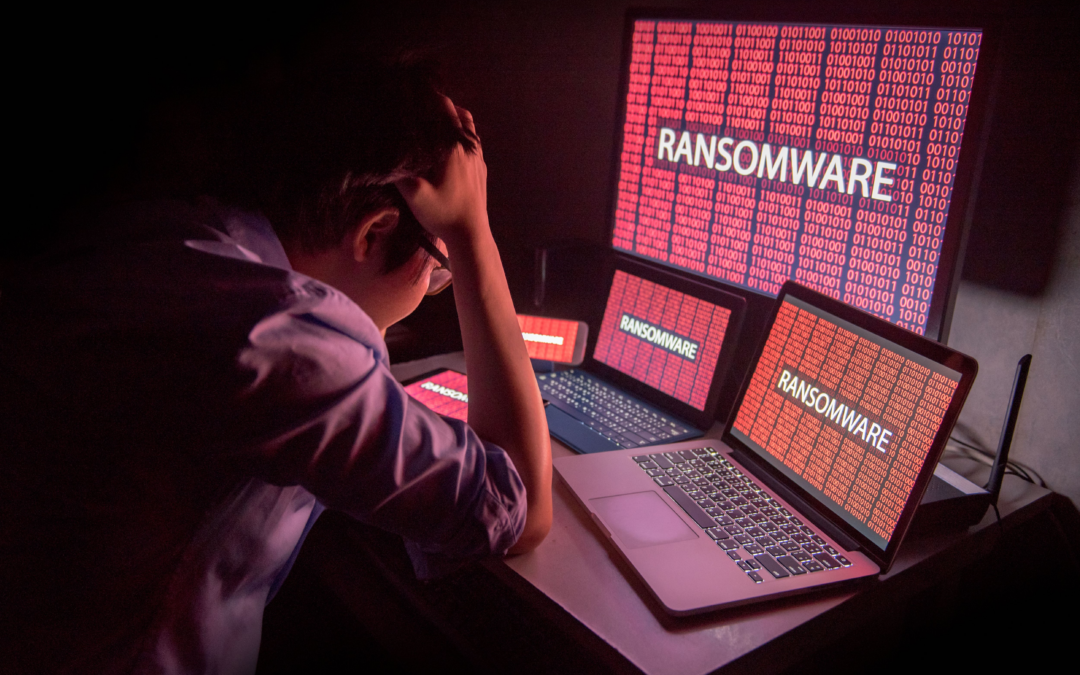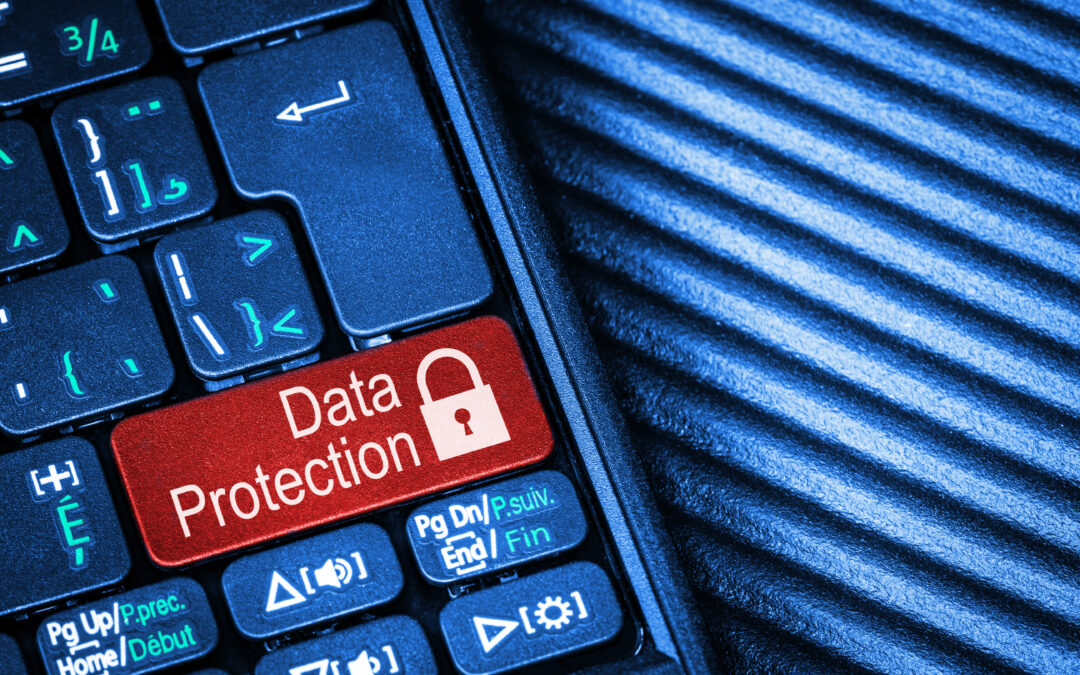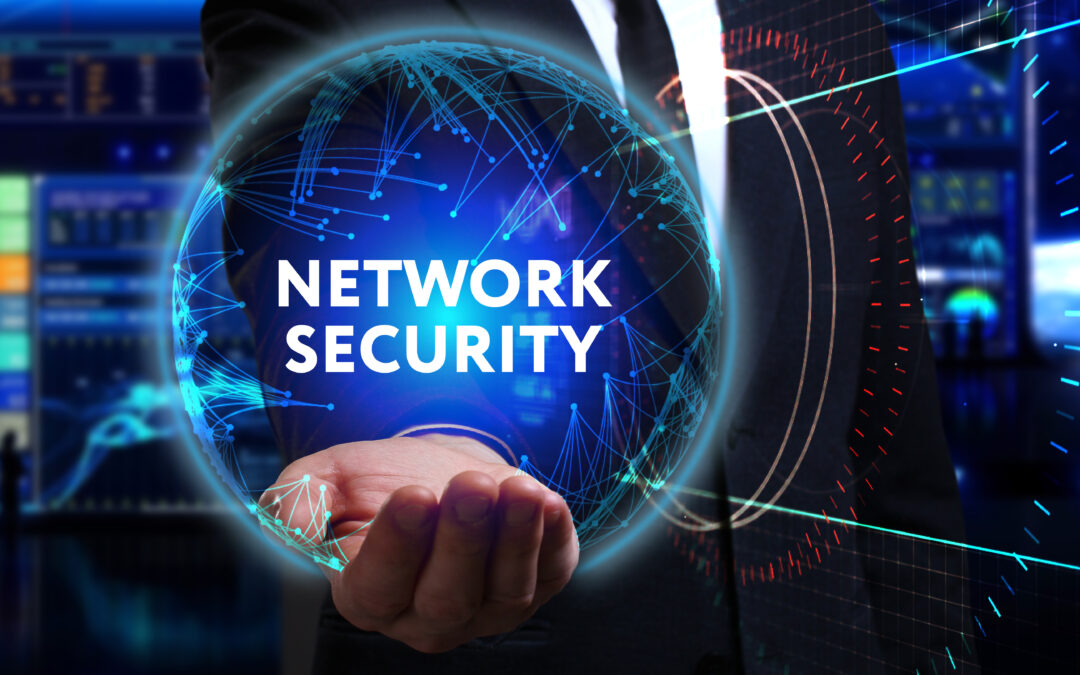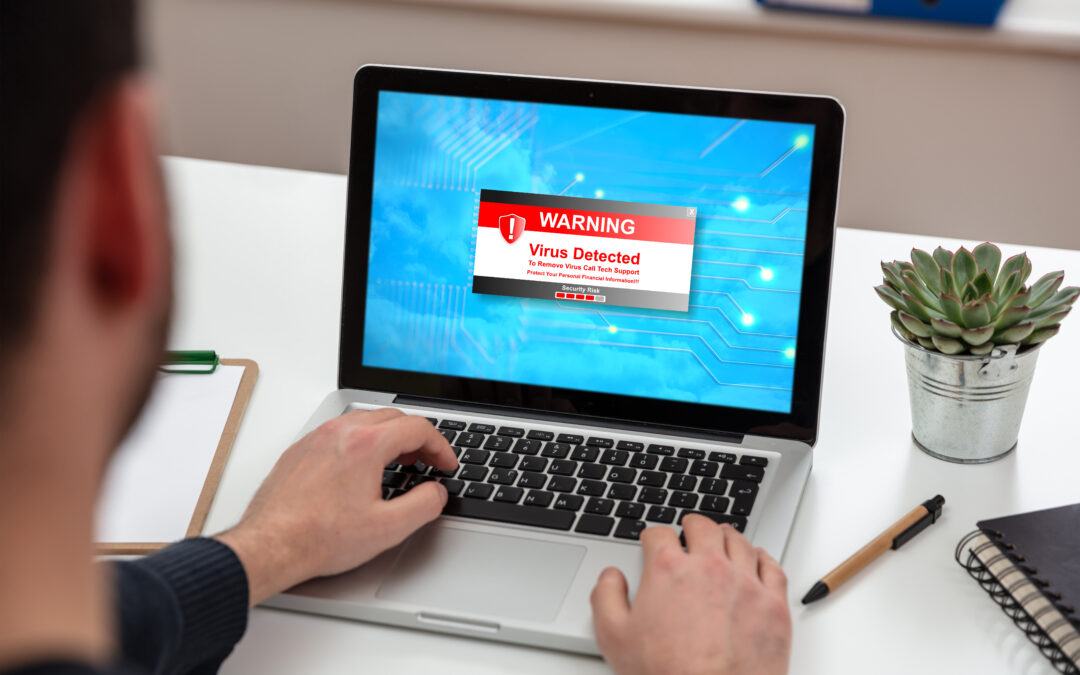
What Is Ransomware and Why Is It a Top Concern for Small Businesses?
To protect your business tech, you need to be up to date on all potential breaches. There are Trojan horses, phishing attacks, and several other cybersecurity threats that individuals and businesses deal with regularly.
However, ransomware deserves special attention because these attacks are rising in popularity. Recently, ransomware attacks rose by 37% in the span of a single calendar year.
But what is ransomware, and how is it dangerous to your business? Below we’ll touch on those questions and more.
What is Ransomware?
Ransomware is a type of cyber breach that gets access to your business’ network and gains control while locking you out of it. These attacks vary in severity because it can overtake a device or your entire infrastructure.
When a ransomware attack happens, you’ll get a message that will demand payment if you want to regain access to your data or prevent the hackers from publishing it on the web. These attacks happen in a lot of ways but usually take place when someone clicks a file that is disguised as a legitimate attachment
.
What Are the Dangers of Ransomware?
Ransomware is one of the most dangerous security breaches that your business can encounter right now. Here are some of the reasons that you should protect against it at all costs:
1. It Locks You and Your Employees Out of Your Work Devices
Imagine your business coming to a screeching halt. That’s what happens when ransomware attacks breach your system.
Your most sensitive data is compromised, and this can extend to individual work computers and mobile devices across your entire network.
2. Businesses Are Being Targeted Heavily Right Now
Hackers today are licking their chops when targeting small businesses. They know that companies are desperate to keep their doors open and often ill-equipped to prevent or counteract a ransomware attack.
Even the federal government was concerned about ransomware attacks affecting the 2020 election leading up to it. These attacks can cripple your entire infrastructure, which is why they should be avoided at all costs.
3. The Cost of Downtime and Other Factors is Extraordinary
Your costs will add up whenever you have a ransomware attack. It’s not just the money that you spend on your cyber protection — you’ll also have to deal with the lost revenue that happens with downtime.
The true cost that your business will face is virtually incalculable because it can also hurt your brand’s reputation. Your customers trust you and need to know that their data is safe when they choose to give you their business.
Get the Ransomware Protection That You Need
So the next time you ask yourself, “What is ransomware?”, you can use the points above as a reference point.
When you need ironclad protection against ransomware and anything else that can threaten your business, make sure you Black Bottle It. We’re the best at what we do and would be happy to be the first and last line of defense for your company’s Information Technology (IT) needs.
We’re ready when you are. E-mail us, use our online contact form, or call our breach hotline at (800)214-0957.




